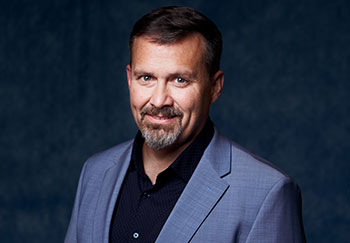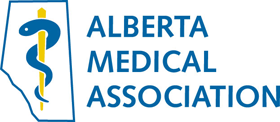Why are we worried about general surgery?
July 8, 2024

Dear Members,
General surgery needs attention and intervention from government! Today we launch the second issue in our advocacy campaign Acute Care Concerns. An issue paper is available. Earlier today I held a news conference with Section of General Surgery President Dr. Lloyd Mack. You can view the video of the presentation with media Q&A on our website.
Many members of the public may not realize the integral role that general surgeons play in our acute care system. Part of our campaign is simply highlighting their role and expertise.
Another key message is to explain why we are so concerned about impaired access to their services.
Sadly, patients are used to long wait times in emergency departments, but they expect that if they need emergency surgery once they are “in” it will be provided on the spot. We are highlighting the very worrisome fact that we can’t always meet those expectations anymore. As I said in the news conference this morning, if you show up in an emergency department in the middle of the night and require emergency surgery, there is an increasing chance that you may end up back in an ambulance to travel to another hospital to be readmitted and assessed, and to ultimately get your procedure. For the patient, this obviously means delay, often leading to complications, increased morbidity and sometimes even preventable death. It’s also further demand on already overstretched EMS services, prolonging waits for the surgical patient while shifting this precious resource away from the communities where they are needed for others.
Diversions like these are increasingly common, to the point where there are now formalized policies to mitigate their effects. It is a new phenomenon that has been years in the making but is our problem to solve now. We need government to share the sense of urgency and invest in making short- and long-term fixes. The AMA’s Acute Care Stabilization Proposal will help restore the Alberta advantage in terms of physician retention and recruitment. The biggest issue behind these diversions, though, is the availability of Tier 1 and support staff teams who help care for the surgical patient before, during and after their procedures. In order to retrain and recruit these critical Tier 1 supports we must ensure that we are competitive within a global market, and that the government is adequately budgeting to ensure our critical health care services remain uninterrupted.
We will have a lot more to say on this topic. Stay tuned.
Regards,
Paul Parks
President, Alberta Medical Association

1 comment
Post a comment
Commenting policy
Alastair Ewen
9:11 PM on July 08, 2024
Are we constrained by a lack of suitably qualified anesthesiologists? It appears, from my own perspective, that this is part of the problem. And yet, restrictive practices - limiting access to contracted work for senior anesthesiologists, for example, is a feature of work scheduling - at least in Calgary. Any thoughts on that?